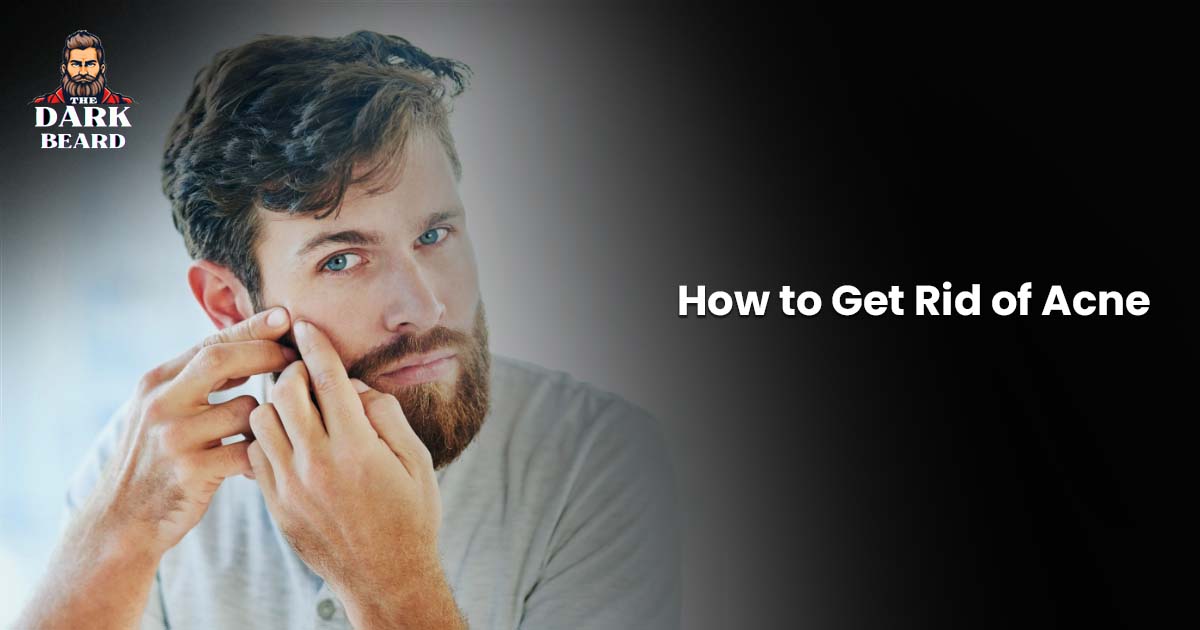Acne is one of the most common skin concerns affecting people of all ages. Whether you’re dealing with occasional breakouts or persistent pimples on your face, finding the right pimple treatment is essential for restoring clear and healthy skin. In this blog, we’ll dive into the causes of acne, explore home remedies for pimples, and share effective pimple treatments you can try at home.
What Causes Acne?
Before addressing how to treat acne, it’s important to understand why they occur. Acne is primarily caused by clogged pores due to excess oil (sebum), dead skin cells, and bacteria. Hormonal changes, stress, diet, and certain skincare habits can exacerbate the problem.
Key factors include:
- Excess Sebum Production: Overactive sebaceous glands lead to oily skin and clogged pores.
- Bacteria Build-Up: The bacteria Propionibacterium acnes thrive in clogged pores, leading to inflammation.
- Hormonal Fluctuations: Hormones, especially androgens, increase oil production, making acne more common during puberty, menstruation, or pregnancy.
- Diet and Lifestyle: Foods high in sugar and dairy may contribute to breakouts. Lack of sleep, stress, and poor skincare routines also play a role.
Pimple Treatment at Home: Natural Remedies to Try
If you’re looking for gentle and effective ways to combat pimples on your face, these home remedies for pimples can help:
1. Tea Tree Oil for Acne Treatment
Tea tree oil is a powerful natural antibacterial agent. It helps reduce inflammation and kills acne-causing bacteria.
How to Use:
- Dilute a few drops of tea tree oil with a carrier oil (like coconut or almond oil).
- Apply it directly to pimples using a cotton swab.
- Leave it overnight and rinse in the morning.
2. Aloe Vera for Acne
Aloe vera has soothing and anti-inflammatory properties that calm irritated skin.
How to Use:
- Extract fresh aloe vera gel from the leaf.
- Apply it to clean skin as a spot treatment or all over the face.
- Let it sit for 20 minutes before washing off.
3. Honey and Cinnamon Mask
Both honey and cinnamon have antimicrobial properties that fight bacteria and reduce redness.
How to Use:
- Mix 2 tablespoons of honey with 1 teaspoon of cinnamon to form a paste.
- Apply the mixture to affected areas and leave it on for 10–15 minutes.
- Rinse thoroughly with lukewarm water.
4. Ice for Pimple Swelling
Ice helps reduce swelling, redness, and pain caused by inflamed pimples.
How to Use:
- Wrap a clean ice cube in a cloth.
- Gently press it on the affected area for 1–2 minutes.
- Repeat this process twice a day.
5. Apple Cider Vinegar for Acne Scars
Apple cider vinegar’s acidic properties help exfoliate dead skin cells and lighten scars.
How to Use:
- Dilute 1 part apple cider vinegar with 3 parts water.
- Dab the solution onto the pimples using a cotton pad.
- Rinse off after 10 minutes and follow up with a moisturizer.
Acne Removal Tips for Clear Skin
For stubborn acne on your face, here are additional tips and tricks:
1. Maintain a Consistent Skincare Routine
- Cleanse Twice Daily: Use a gentle cleanser to remove excess oil and dirt without stripping your skin.
- Exfoliate Weekly: Use a mild exfoliant to prevent clogged pores and remove dead skin cells.
- Moisturize Regularly: Even oily skin needs hydration. Choose a non-comedogenic moisturizer.
2. Avoid Touching Your Face
Touching or popping pimples can spread bacteria and worsen inflammation. Always keep your hands clean and avoid picking at acne.
3. Choose Acne-Friendly Products
Opt for skincare products labeled “non-comedogenic” and “oil-free.” Avoid heavy makeup and ensure you thoroughly remove makeup at the end of the day.
4. Use Over-the-Counter Treatments
Look for ingredients like:
- Salicylic Acid: Unclogs pores and reduces oil production.
- Benzoyl Peroxide: Kills acne-causing bacteria and prevents new breakouts.
- Retinoids: Promote skin cell turnover to prevent clogged pores.
5. Protect Your Skin from the Sun
Excessive sun exposure can irritate acne and darken scars. Use a broad-spectrum sunscreen with SPF 30 or higher.
Dietary Changes to Prevent Acne
What you eat can impact the health of your skin. Consider these dietary adjustments:
Foods to Avoid
- Sugary Treats: Sweets and sugary beverages spike insulin levels, increasing oil production.
- Dairy Products: Milk and cheese may contain hormones that contribute to acne.
- Processed Foods: Chips, fried foods, and packaged snacks can exacerbate breakouts.
Foods to Include
- Leafy Greens: Spinach, kale, and broccoli are packed with skin-friendly antioxidants.
- Healthy Fats: Avocados, nuts, and seeds help maintain skin elasticity.
- Hydrating Fruits: Watermelon, cucumber, and oranges keep your skin hydrated.
- Omega-3 Fatty Acids: Found in walnuts and flaxseeds, these reduce inflammation.
When to Seek Professional Help
If home remedies and over-the-counter products don’t work, it may be time to consult a dermatologist. Persistent or severe acne may require medical treatments such as:
- Prescription Topicals: Stronger retinoids, antibiotics, or azelaic acid.
- Oral Medications: Hormonal therapies or isotretinoin for stubborn cases.
- Professional Procedures: Chemical peels, laser therapy, or extraction for severe acne and scarring.
Acne Treatment FAQs
1. How long does it take for home remedies to show results?
Results vary, but most remedies take 2–4 weeks to show noticeable improvements. Consistency is key.
2. Can stress cause acne?
Yes, stress triggers hormonal changes that increase oil production, leading to acne.
3. Are pimples only a teenage problem?
No, adults can develop acne due to hormonal changes, stress, or lifestyle factors.
4. Does drinking water help clear acne?
Staying hydrated helps flush out toxins and keeps your skin healthy, but it’s not a standalone cure.
5. Can toothpaste be used on pimples?
While toothpaste might dry out pimples, it can irritate your skin. Stick to proven treatments like tea tree oil.
Conclusion
Dealing with acne on your face can be frustrating, but with the right combination of home remedies and skincare practices, you can achieve clearer skin. Whether you opt for natural treatments like aloe vera and tea tree oil or rely on dermatologist-approved products, consistency is key to success.
Remember, The Dark Beard is here to help you achieve your grooming goals—whether it’s beard care or skincare. Try these tips and let us know your success stories in the comments!

